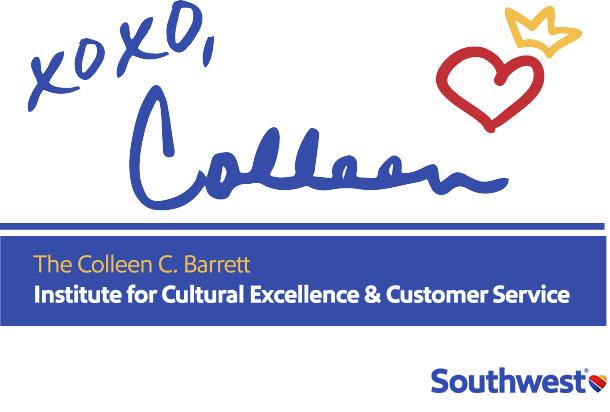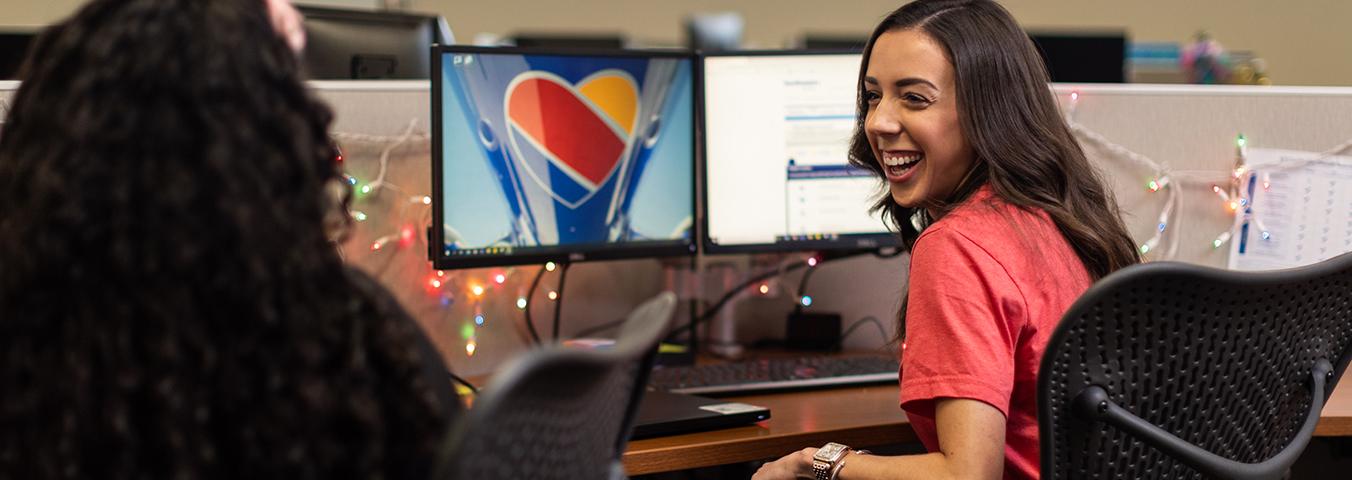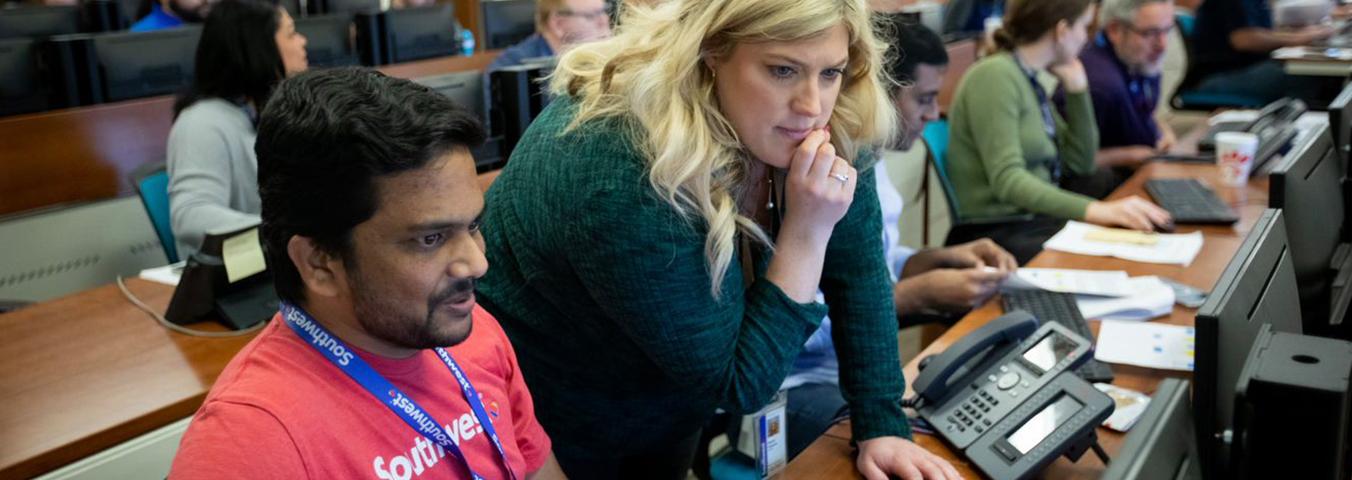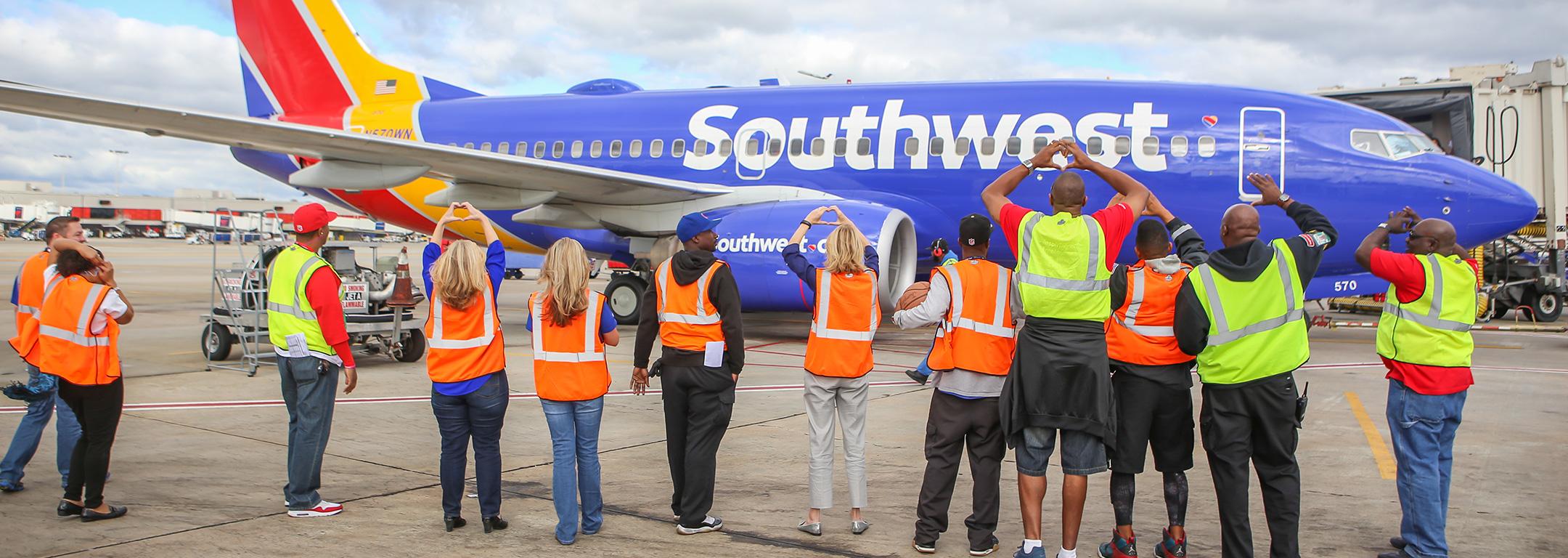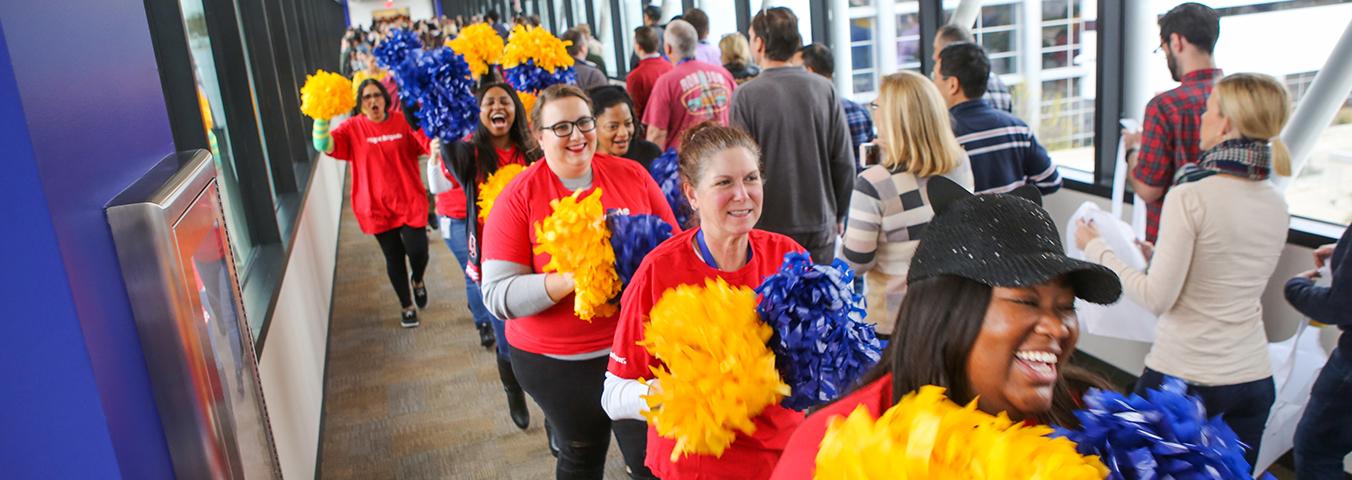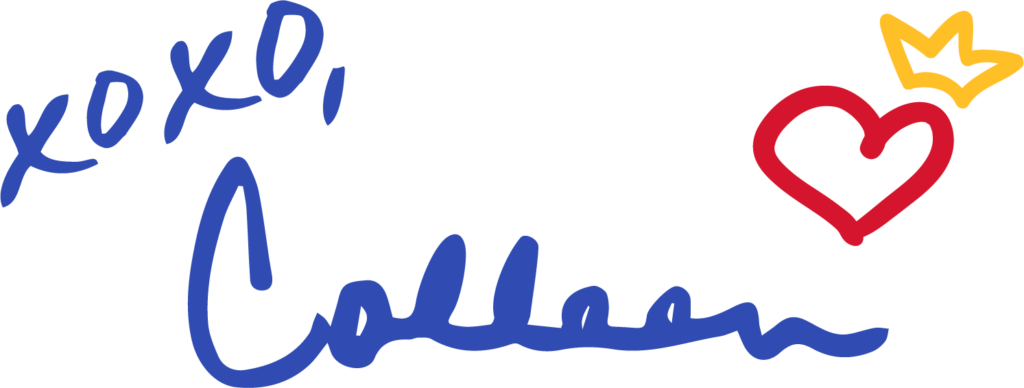My 38 years at Southwest have been a journey filled with immense gratitude. I’ve witnessed firsthand the power of strong leadership and the profound impact it has on an organization and its people, especially when facing adversity. Through the years, I’ve experienced my share of challenges, and one lesson I learned early on from Colleen Barrett (namesake of the CCB Institute) was that the defining factor in navigating storms is the quality of leadership at the helm. Trust, respect, and integrity are essential qualities in a Southwest Leader, as is the willingness to shoulder the burden of difficult decisions.
The adage “Every setback is a setup for a comeback” rings true in life and business, and Southwest is a leader in perseverance. Authentic growth, both personal and organizational, often emerges from adversity. It’s in challenging moments that leaders are tested, and their ability to navigate complexities determines the trajectory of their organizations.
The operational disruption that occurred during the winter storm in December 2022 serves as a stark reminder of the potential consequences of a plan not going to plan. Thousands of canceled flights, stranded Passengers and Crew Members, and an unprecedented combination of challenges underscored the magnitude of that event. Yet, as hard as it was on our Customers and Employees as we worked to put the pieces back together, it presented an opportunity for learning and growth.
To effectively manage such a crisis requires a unique blend of skills and attributes. Leaders must be keen to think critically and strategically under immense pressure. They must balance immediate needs with the long-term health of the organization—while also taking care of employees. Moreover, leaders must be able to communicate clearly and honestly, both internally and externally.
Among the core Leadership competencies at Southwest, a thought leadership mindset is paramount. This involves not only reacting to a crisis but proactively anticipating challenges, developing contingency plans, and leveraging the situation as an opportunity for innovation. For us, this involved enhancements with significant investments and initiatives that accelerated operational resiliency, enhanced cross-team collaboration, and bolstered overall preparedness for winter operations.
Ultimately, getting through the disruption has meant more than simply getting to the other side; it’s about learning well and emerging stronger and more resilient—what we call “building better.” It’s about using the experience to think differently—to inform future decisions, to build a more robust organization, and to strengthen the bond with our People and Customers. The road to recovery may be difficult, but thankfully it is also a path to positive transformation and improvement. While none of us would have chosen the struggle, we are undoubtedly even better than before.
